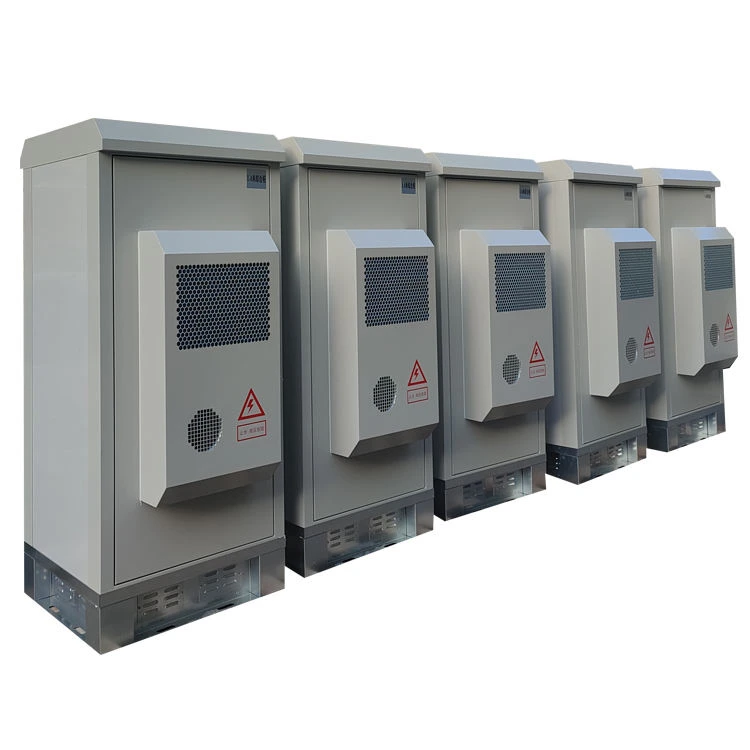
12 月 . 27, 2024 04:53 Back to list
Innovative Energy Storage Solutions for Containerized Applications and Efficient Power Management
The Future of Container Energy Storage Solutions
In an era where renewable energy sources are gaining momentum, energy storage systems have emerged as critical components in managing and optimizing energy consumption. Among these solutions, container energy storage products are increasingly popular due to their flexibility, portability, and scalability. This article explores the advancements, benefits, and potential applications of container energy storage systems.
What are Container Energy Storage Systems?
Container energy storage systems (CESS) are modular solutions designed to store electrical energy for later use. Typically housed in shipping containers or similar structures, these systems can integrate various energy sources, including solar panels, wind turbines, and grid electricity. Each system comprises battery storage technology, power conversion systems, and advanced energy management software. Their containerized format allows for easy transportation and installation, making them ideal for use in diverse locations, from urban environments to remote areas needing reliable power.
Advantages of Containerized Solutions
1. Scalability and Flexibility One of the most significant advantages of container energy storage systems is their scalability. These systems can be deployed in single units or expanded into larger setups to meet increasing energy demands. This capability is particularly beneficial for businesses or communities transitioning to renewable energy, as they can scale their storage solutions according to their evolving needs.
2. Reduced Installation Time Traditional energy storage systems often require lengthy installation processes, involving extensive site preparation and grid integration. In contrast, CESS can be rapidly deployed with minimal site preparation, significantly reducing lead times and associated costs. This swift setup process is vital for emergency power restoration and for operations that require immediate energy solutions.
3. Cost-Effectiveness As technological advancements continue to lower the prices of battery cells and power electronics, the overall costs associated with container energy storage systems have also decreased. These systems enable better management of energy costs by allowing users to store energy during low-demand periods and discharge it during peak times, effectively reducing utility bills.
4. Enhanced Energy Management With integrated energy management software, container energy storage systems provide enhanced visibility and control over energy consumption and generation. Users can monitor their energy usage patterns, optimize charging and discharging cycles, and even participate in demand response programs—helping stabilize the grid and lower costs.
container energy storage product

Applications of Container Energy Storage
Container energy storage solutions find application in various sectors, including
- Renewable Energy Integration By storing excess energy generated from renewable sources, such systems can help balance supply and demand, ensuring a steady power supply. This capability is particularly important for intermittent sources like solar and wind energy.
- Commercial and Industrial Use Businesses are increasingly utilizing containerized storage to optimize their energy costs, enhance grid reliability, and support sustainability initiatives. These systems can serve as backup power solutions, reducing dependence on traditional energy utilities and enhancing operational resilience.
- Microgrids In remote or off-grid locations, container energy storage systems can support microgrid projects, integrating with local renewable energy sources. This approach promotes energy independence and resilience while reducing reliance on fossil fuels.
- Emergency Power Supply In disaster-prone regions, container energy storage systems can provide a quick and reliable power source during emergencies, aiding in relief efforts and ensuring the continuity of essential services.
The Road Ahead
As the global energy landscape transforms, container energy storage solutions are poised to play a pivotal role in the transition to sustainable energy systems. With ongoing improvements in battery technology, increased efficiency, and greater regulatory support, the adoption of these systems is expected to grow exponentially. Furthermore, collaborations between governments, businesses, and technology providers will be crucial in developing innovative energy storage solutions that meet future energy demands.
In conclusion, container energy storage products represent a promising frontier in energy management. Their adaptability, cost-effectiveness, and rapid deployment capabilities make them an attractive choice for a wide array of applications. As we continue to explore the sustainability of our energy systems, container energy storage solutions are likely to become central players in shaping a cleaner and more resilient energy future.
-
High-Efficiency Microinverter Solutions Top Microinverter Suppliers & Exporters
NewsJul.08,2025
-
Top Energy Storage Companies Leading Utility Scale & Long Duration Solutions
NewsJul.08,2025
-
Charge Point Charger - Reliable Charging Solutions for EVs Leading Charge Point Charger Company & Exporters
NewsJul.07,2025
-
Types of Battery Energy Storage Systems - Leading Products & Exporters Company
NewsJul.07,2025
-
AC or DC Power Supply in Home Trusted Google Home Power Supply Voltage Manufacturers
NewsJul.07,2025
-
High-Performance Portable Power Station 220V – Reliable Energy Solutions for Outdoors & Emergencies
NewsJul.06,2025























